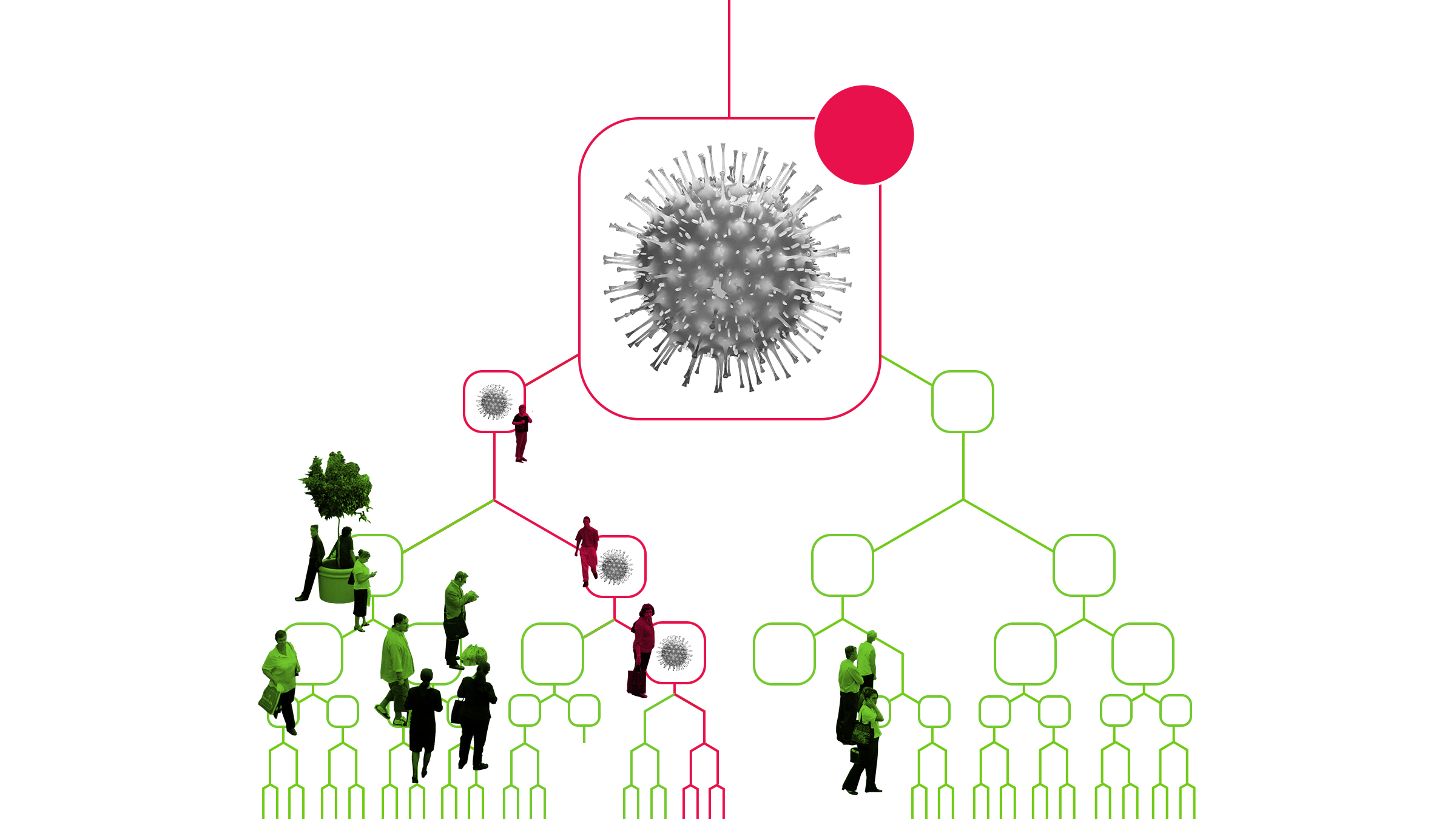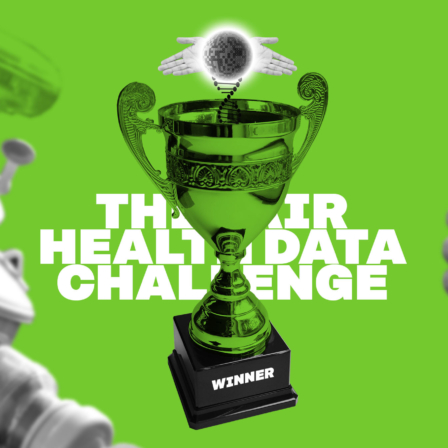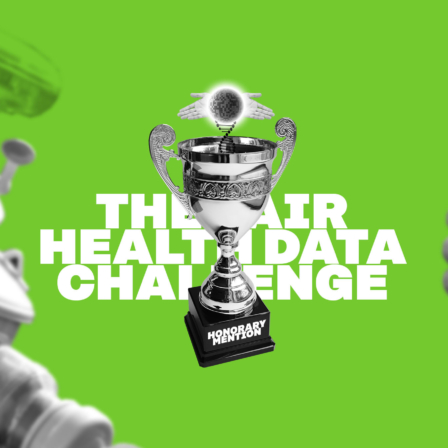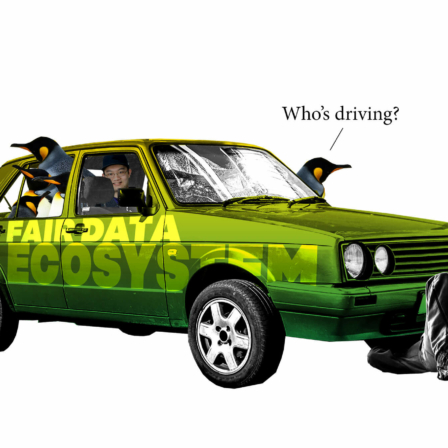The project, funded by Finnish innovation fund Sitra, will be launched at Vaasa Central Hospital to test a technology that helps identify coronavirus chains of infection. The objective of the pilot carried out among the hospital staff is to test how the Bluetooth technology used for tracing coronavirus infections in the application and its background system function.
Software companies Reaktor and Futurice as well as data security company Fraktal have together studied the various options available for building a national solution in Finland for several weeks. For the pilot, the application will be delivered by ICT company 2M-IT.
In the pilot, a limited number of employees from Vaasa Central Hospital will use the service, simulating both citizens and the health authorities in a test environment. The pilot will not utilise the authentic patient information of the participants. The aim is to test how the system functions. If necessary, the application developed for the pilot can be tailored and expanded for national use.
“The digital identification of people exposed to coronavirus is important for the future of Finland as a whole and regionally for the Vaasa Hospital District. We want to be at the forefront of finding tools for solving the crisis,” says Marina Kinnunen, Director of Vaasa Hospital District.
“2M-IT participates in the project by bringing digital solutions to the social welfare and healthcare sector,” says Jari Nevalainen, Managing Director of 2M-IT.
The goal is to launch the pilot at Vaasa Central Hospital during May.
The digital identification of infection chains supports the work of health authorities
The Ketju application enables effective digital identification of those exposed to coronavirus. It does not replace the tracing and testing carried out by the health authorities but supports and enhances the process.
The digital solution makes the identification of the chains of infection faster and more accurate. It also helps manage the workload of nursing staff and provides each citizen with a concrete way of fighting the epidemic.
The application uses Bluetooth technology to anonymously record encounters between application users.
In the pilot phase, the only information the application stores about the user is the phone number, which is not disclosed to other users. The service is not connected to any patient information systems, and the pilot environment uses only simulated diagnoses. The currently piloted application complies with existing legislation on data protection and personal data.
The application is an important part of preparing for the future stages of the epidemic
Sitra has worked on reforming healthcare for a long time and participates in funding the pilot. Business Finland initiated the development of the application and assembled the cooperation networks during the early stages of the project.
All the parties involved in the project want to improve the national capacity to respond to the future stages of the epidemic and alleviate the burden the crisis places on the national economy.
According to Antti Kivelä, Director of Sitra’s Capacity for Renewal theme, the exceptional situation also provides an opportunity to experiment and develop new operating models and solutions for the benefit of everyone in Finland.
“The aim of this consortium is to produce the first pilot version. After the pilot, the outputs will be freely available in Finland and can also be distributed nationally through official bodies. The pilot will provide information on the further development the application, legislation, and operating models may require,” Kivelä says.
Consent-based and transparent collection and use of data related to individuals, ensuring people’s privacy and data security, have played a central role in the development of the application and the pilot, according to the principles of a fair data economy, promoted by Sitra in Europe.
The pilot is among the first ones in Europe
The pilot is among the first to use a decentralised model based on DP-3T in Europe. The model is currently gaining ground in Europe, with Germany recently announcing that it now favors a decentralised software architecture.
“The key objective of the pilot is to provide observations and test results to various parties so that a successful national implementation will be possible in the future. Our starting point is that any solution must genuinely benefit both citizens and health authorities,” says Sampo Pasanen, Managing Director of Reaktor Finland.
“Our study has had two guiding principles: the solution must meet the strict data protection and privacy requirements, and it must be possible to implement the service in Finland,” adds Paavo Punkari, Vice President at Futurice.
Further information:
Marina Kinnunen, Director, Vaasa Hospital District, tel. +358 44 323 1808
Antti Kivelä, Director, Sitra’s Capacity for renewal theme, tel. +358 40 482 7435
Jari Nevalainen, Managing Director, 2M-IT Oy, tel. +358 50 383 9455
Sampo Pasanen, Managing Director, Reaktor Finland, tel. +358 50 564 3129
Paavo Punkari, Vice President, Futurice, tel. +358 40 180 1295


















Recommended
Have some more.